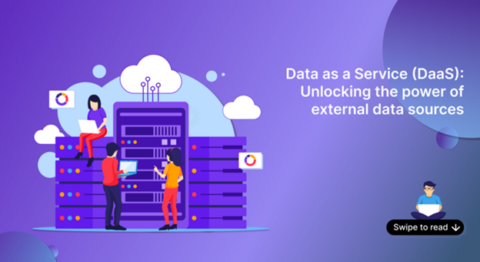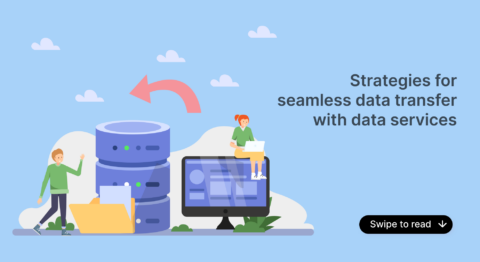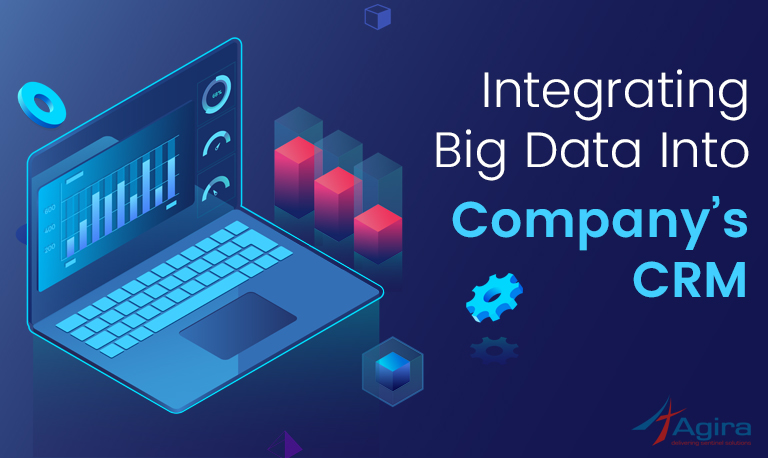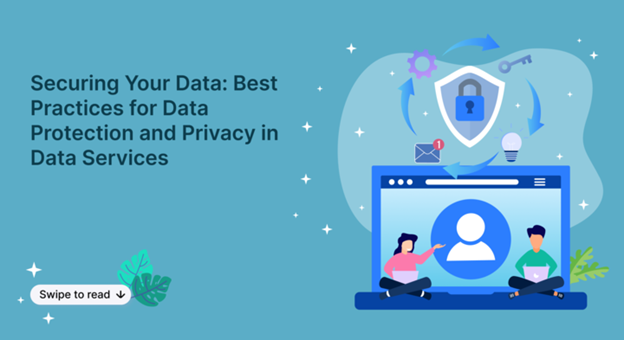
In our fast-paced digital world, data has become as valuable as gold and businesses cannot afford to compromise with data privacy and protection. It’s the fuel that powers innovation, shapes our technology-driven lives, and guides business decisions. With organizations increasingly relying on data services to handle massive amounts of information, the importance of safeguarding data privacy and security cannot be emphasized enough. It’s not just a legal requirement; it’s a moral duty.
In this blog, we’ll dive into practical tips for protecting data and ensuring privacy in data services. Whether you’re a business owner, a data pro, or just someone who cares about keeping personal information safe, these guidelines will help you navigate the complex world of data security.
Best Practices for Data Protection and Privacy in Data Services
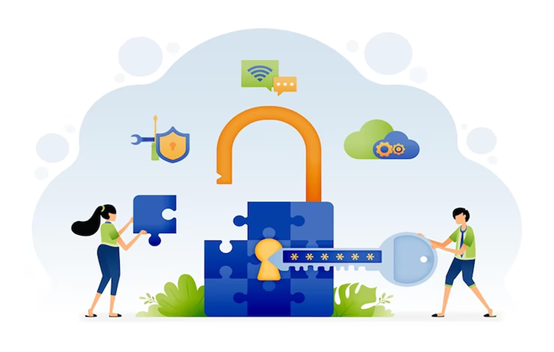
1. Know Your Data:
Before you can protect your data, you need to understand what you have. Start by categorizing your data based on its sensitivity and importance to your organization. Build a detailed inventory that includes all your data assets, where they’re located, and who can access them.
2. Lock It Down:
Keep your data under lock and key – digitally speaking, of course. Limit data access to authorized people or systems. Use tools like role-based access controls (RBAC), multi-factor authentication (MFA), and encryption to ensure that only the right folks can get their hands on it.
3. Encrypt Like a Pro:
Encryption is your secret weapon. Use it to protect data as it moves around (in transit) with protocols like SSL/TLS, and when it’s sitting still (at rest) with encryption methods like AES. Even if someone tries to snatch your data, they won’t get far without the encryption keys.
4. Stay on Guard:
Don’t wait for trouble to come knocking. Regularly carry out security audits and testing to pinpoint any weak spots in your data services. When you uncover issues, deal with them pronto.
5. Less is More:
Think minimalism when it comes to data. Only collect and store what you truly need for your business operations. Avoid the urge to hoard unnecessary info and set up policies to delete data that’s no longer useful.
6. Bake Privacy In:
Make privacy a part of your data services from day one. Don’t tack it on as an afterthought. Design your systems with privacy in mind from the get-go.
7. Teach Your Team:
Your employees are your frontline defense. Invest in their education and make sure they’re well-versed in data protection. Equip them to recognize potential risks and know how to respond if a security issue arises.
8. Ready for Action:
Prepare for the worst with a solid incident response plan. When a data breach or security incident occurs, you’ll know exactly what steps to take. Regularly test and update this plan to keep it sharp.
9. Rule the Regulations:
Keep up with data protection laws that apply to your industry and location, like GDPR, CCPA, or HIPAA. Ensure your data services meet these standards to steer clear of legal trouble.
10. Watchful Eye:
Implement robust auditing and monitoring tools to keep tabs on data access and usage. Real-time monitoring is your ally in spotting suspicious activities and potential breaches.
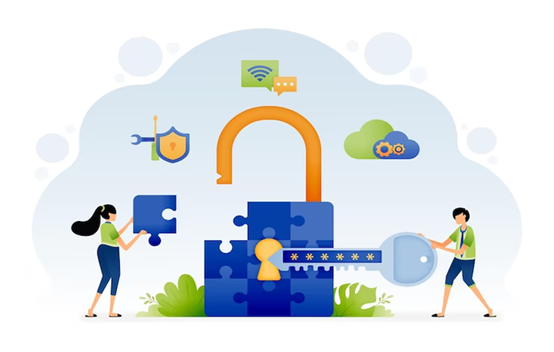
11. Back It Up:
Regularly back up your data and have a disaster recovery plan in your back pocket. This ensures you can recover your data if disaster strikes or data loss occurs.
12. Trust, But Verify:
If you rely on third-party services for data processing, vet their security and privacy practices. Make sure they meet the same high standards you hold for your own data services.
13. Be Crystal Clear:
When gathering personal data, be transparent with your users about what you’re collecting, why, and how it will be used. Get their clear consent when needed and give them the option to opt out.
14. Keep It Fresh:
Keep all your software and systems up to date with security patches and updates. Outdated software is like an open door to potential exploits.
15. Keep Evolving:
Remember, data protection is a journey, not a destination. Continuously assess and enhance your data protection and privacy measures to stay ahead of ever-changing threats and regulations.
Conclusion
Data protection and privacy aren’t just boxes to check; they’re essential elements of responsible data management. By following these best practices, you can reduce the risks associated with data services, build trust with your stakeholders, and stay on the right side of data regulations. Remember, safeguarding data is an ongoing commitment that calls for vigilance and adaptability in our ever-evolving digital world. Prioritizing data security and privacy isn’t just good practice – it’s a fundamental duty in our data-driven era.
Is your company seeking a reliable data service partner? Well, you’ve come to the right place. At Agira Technologies, we boast a team of highly skilled professionals with extensive experience in data management. We have the expertise to handle your organization’s data effectively. Eager to learn more about the data services we provide? Let’s connect and start a conversation. Feel free to reach out and say “Hi.”







